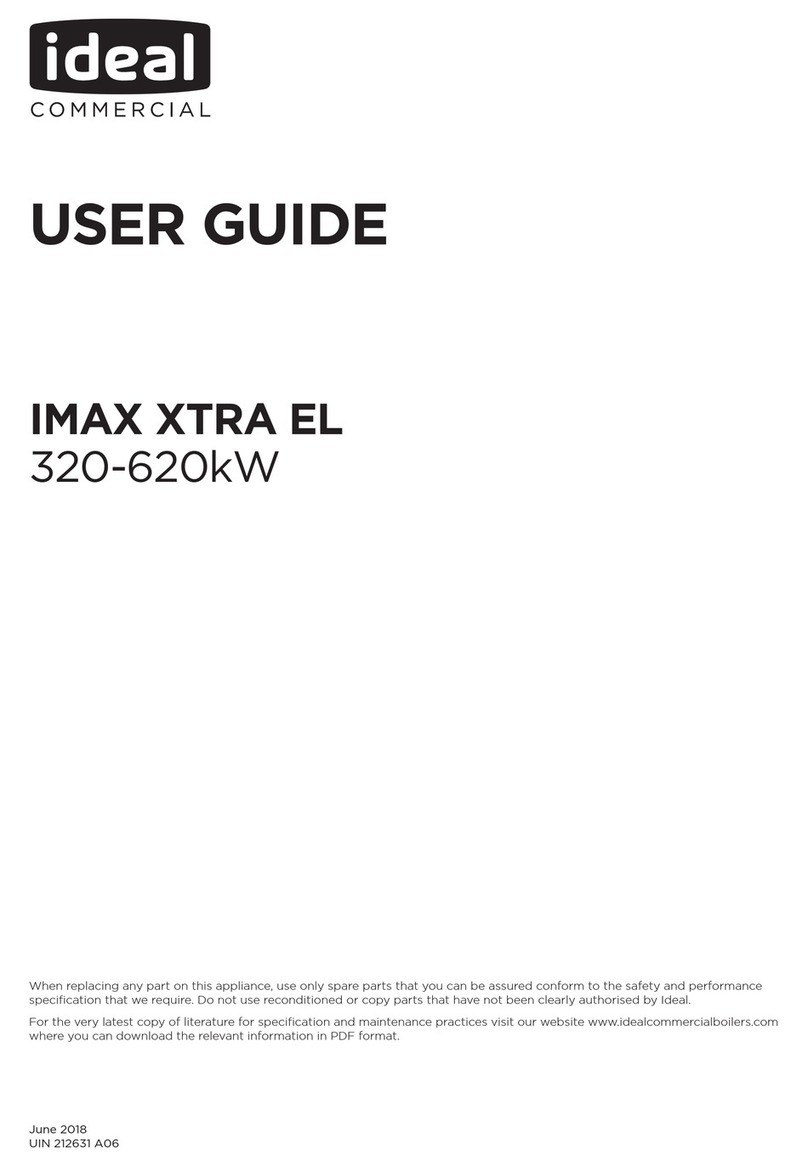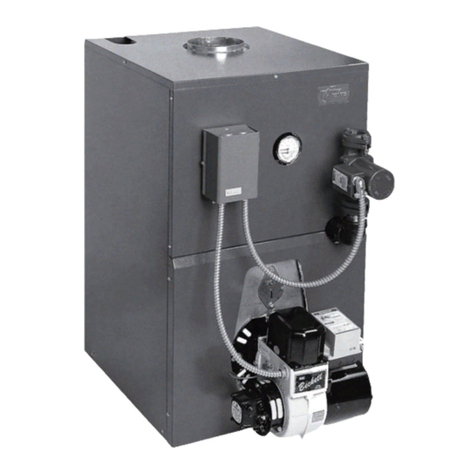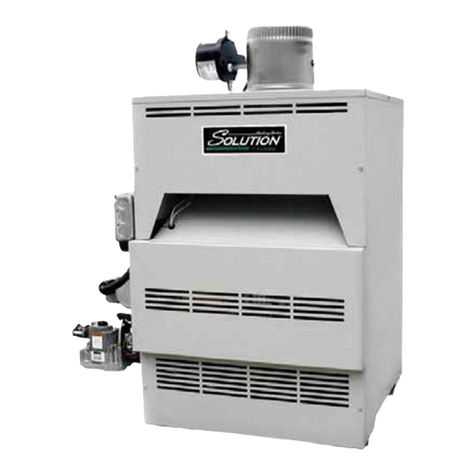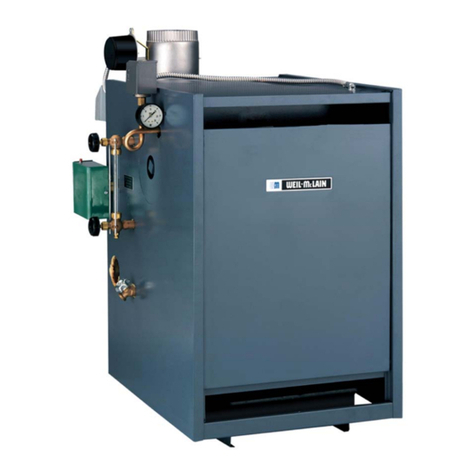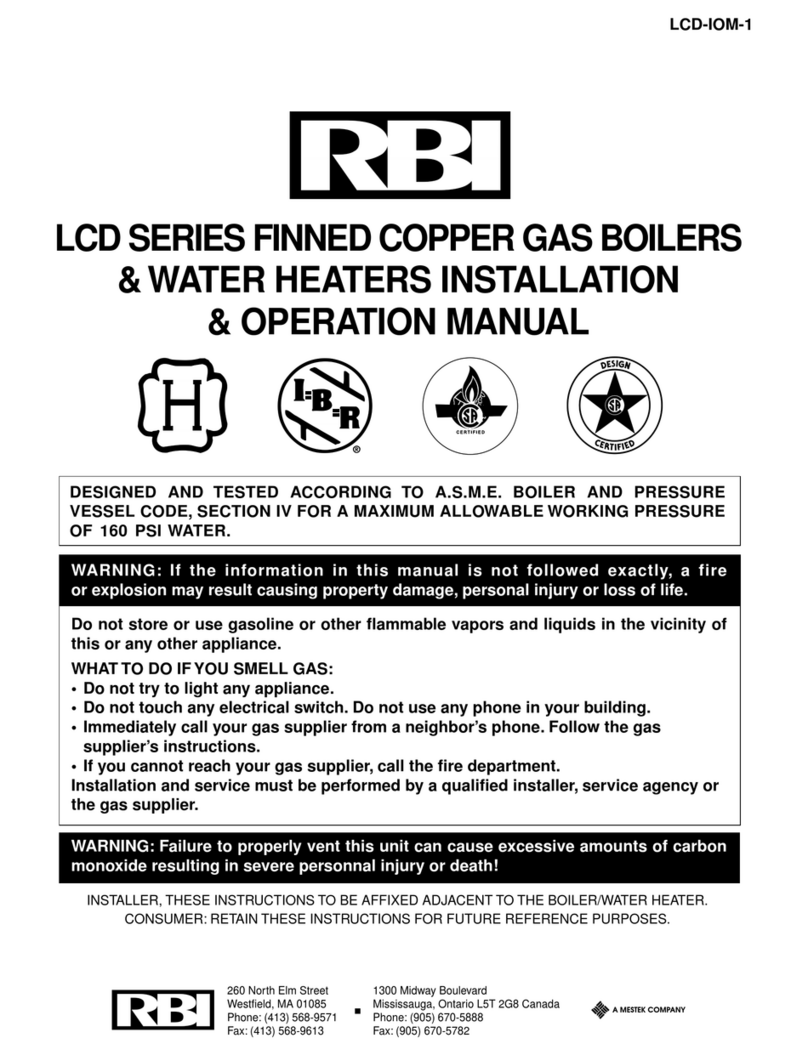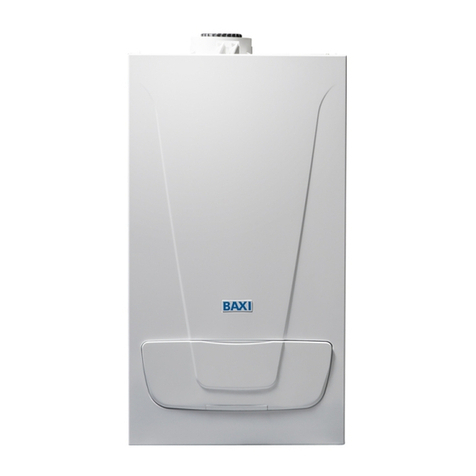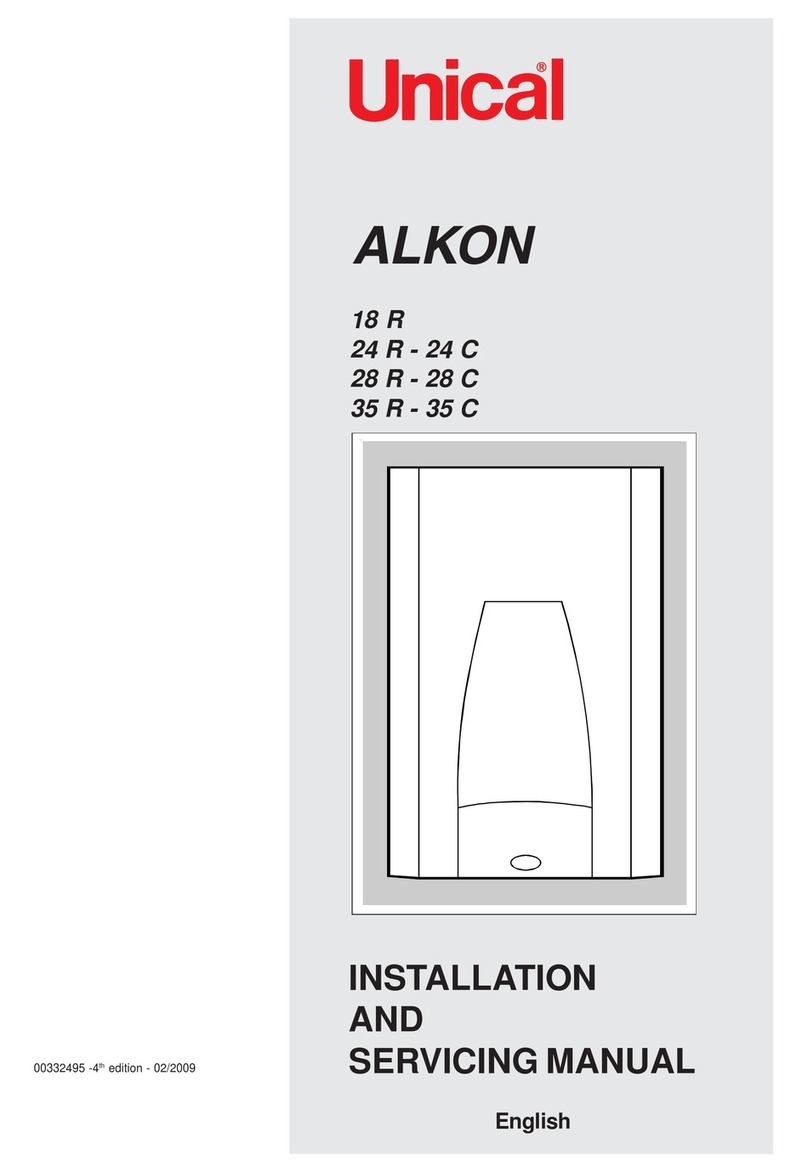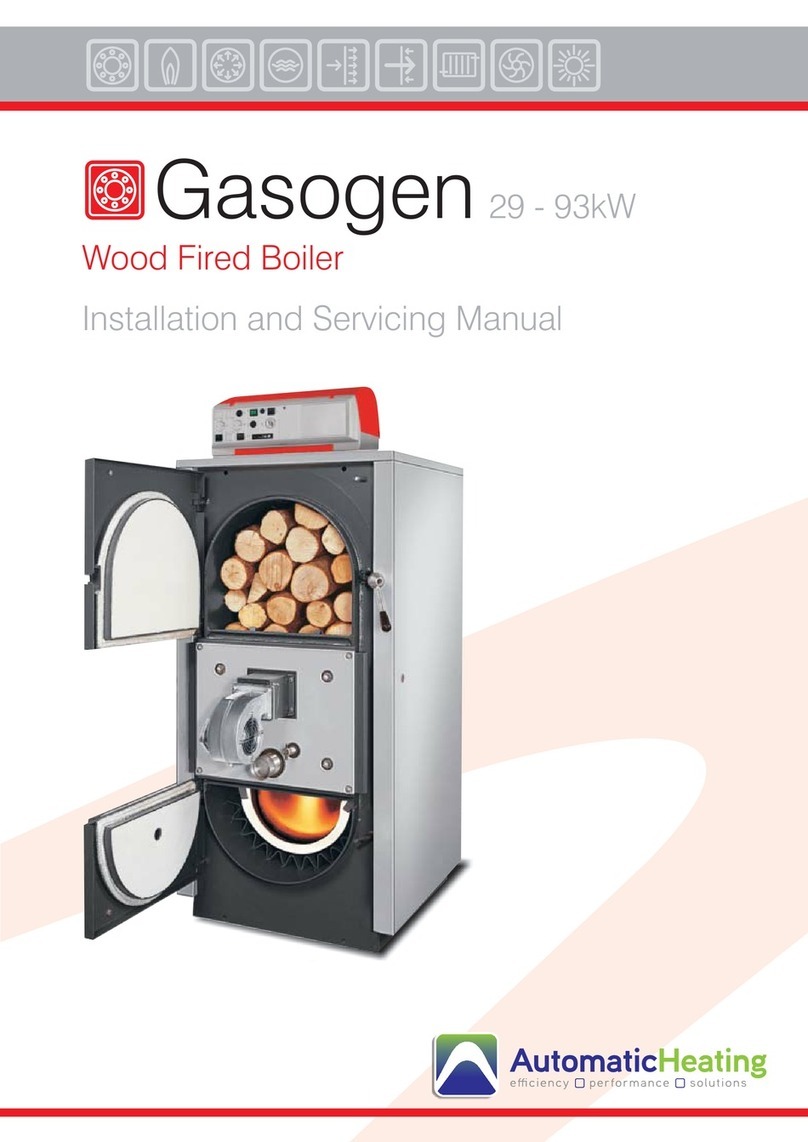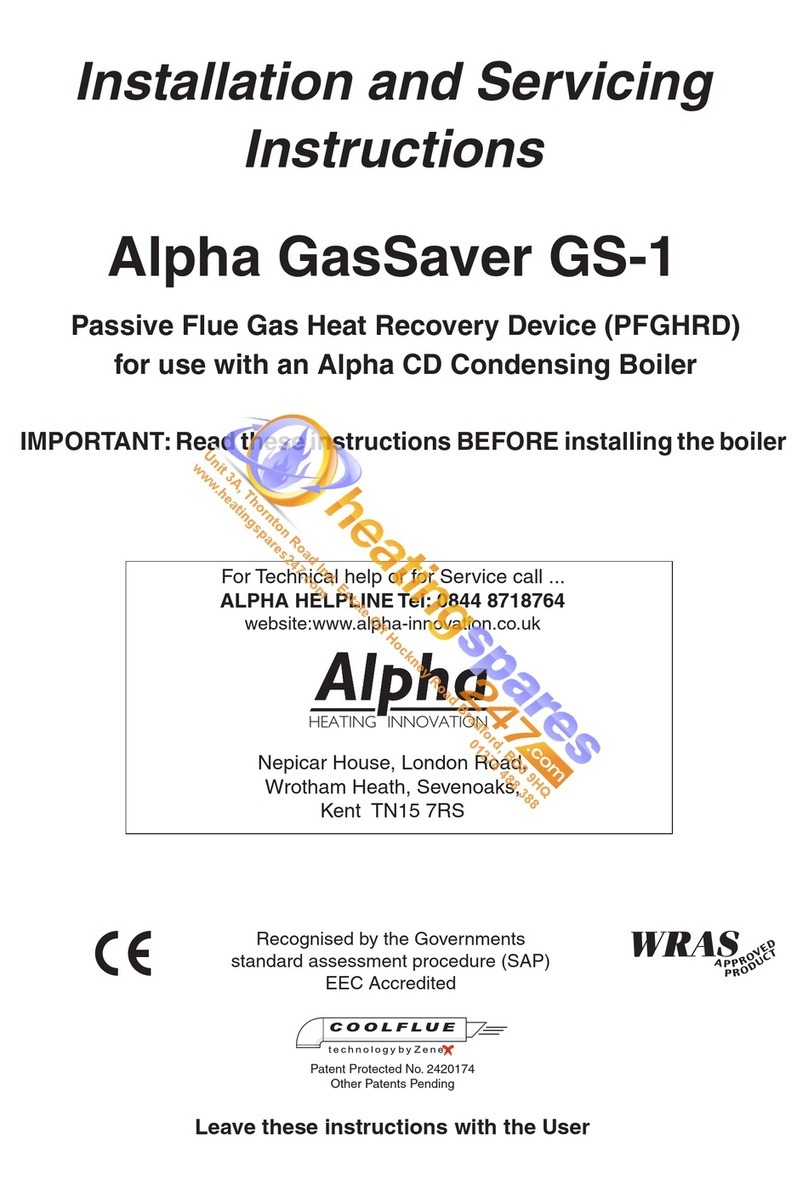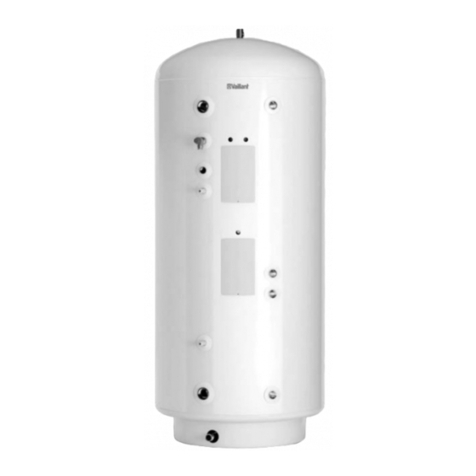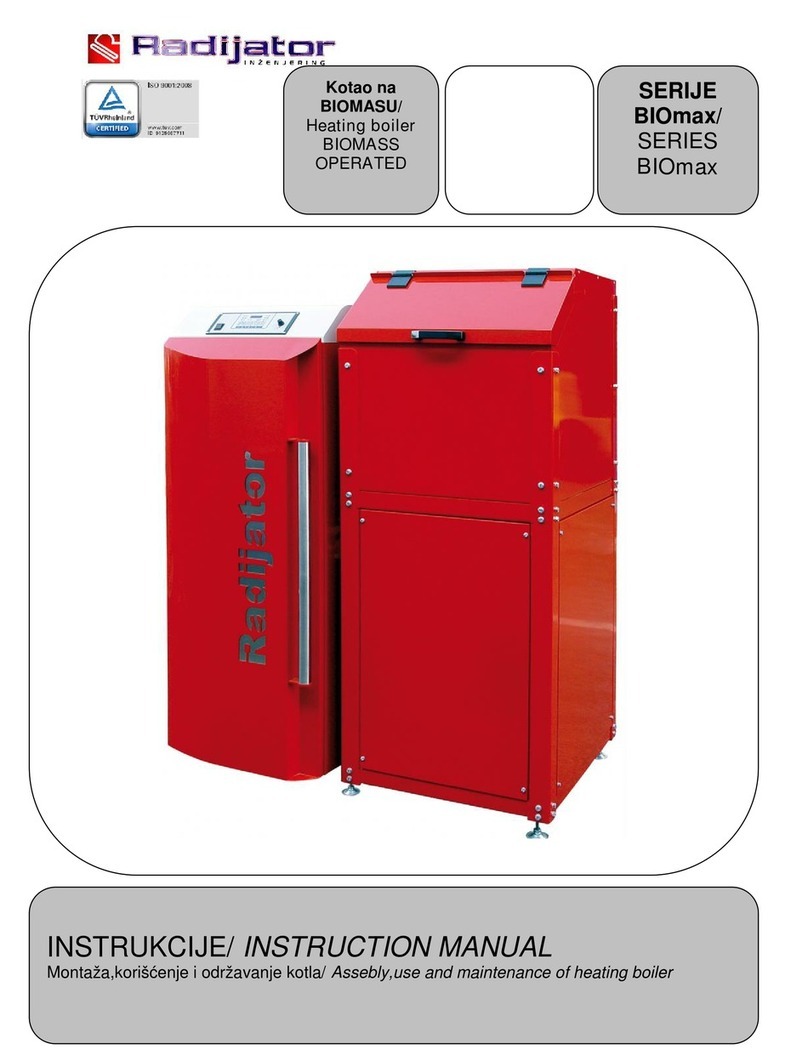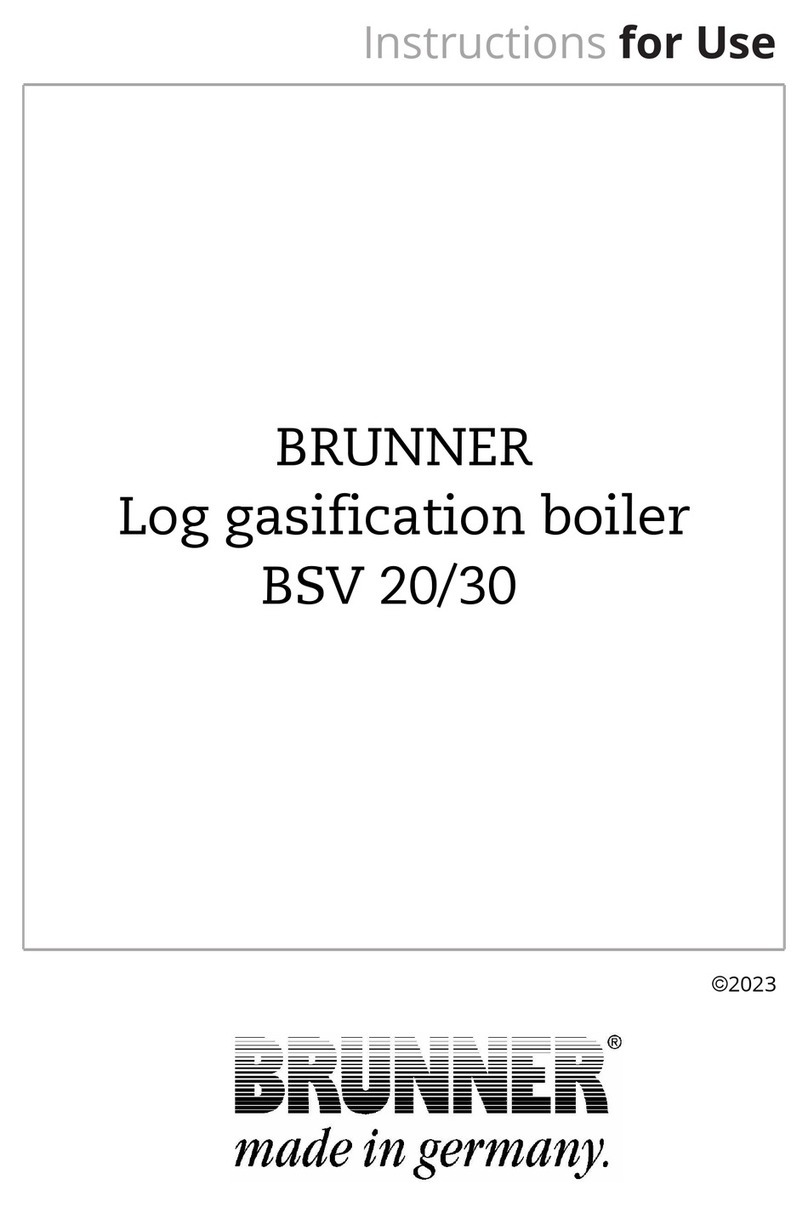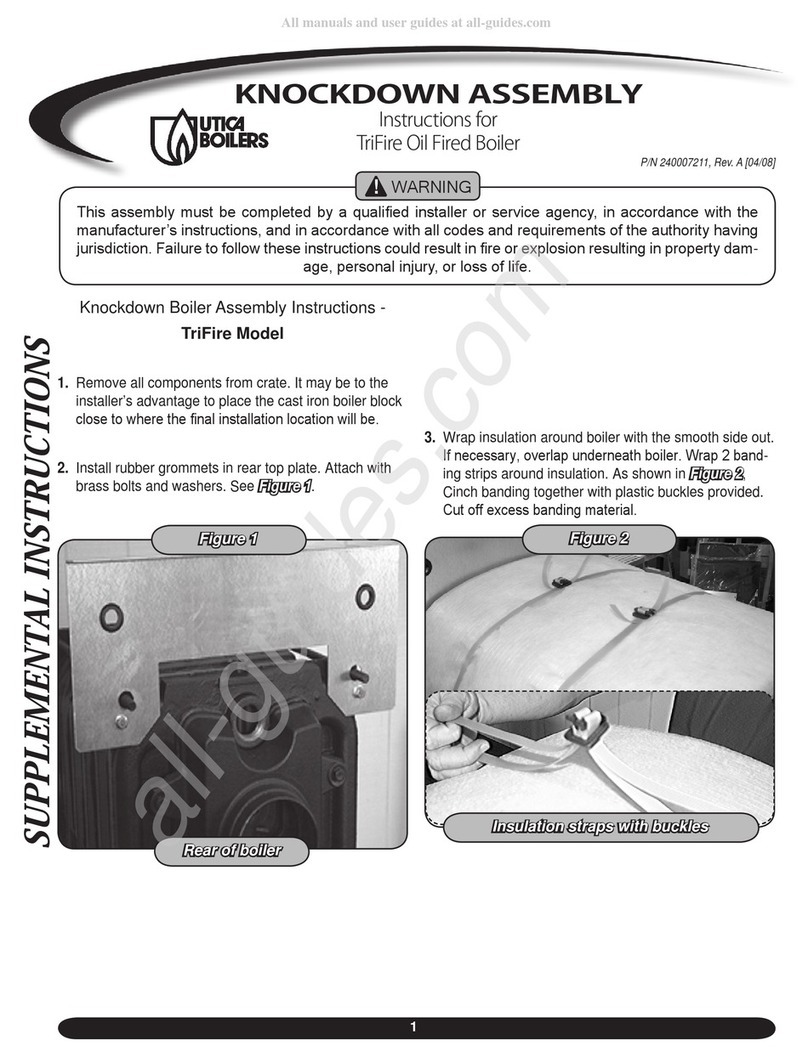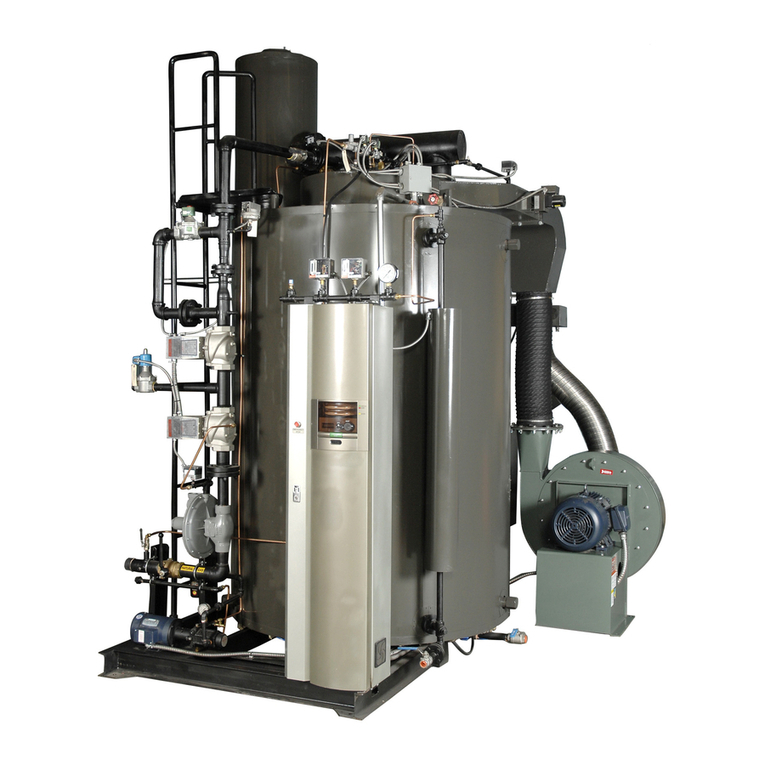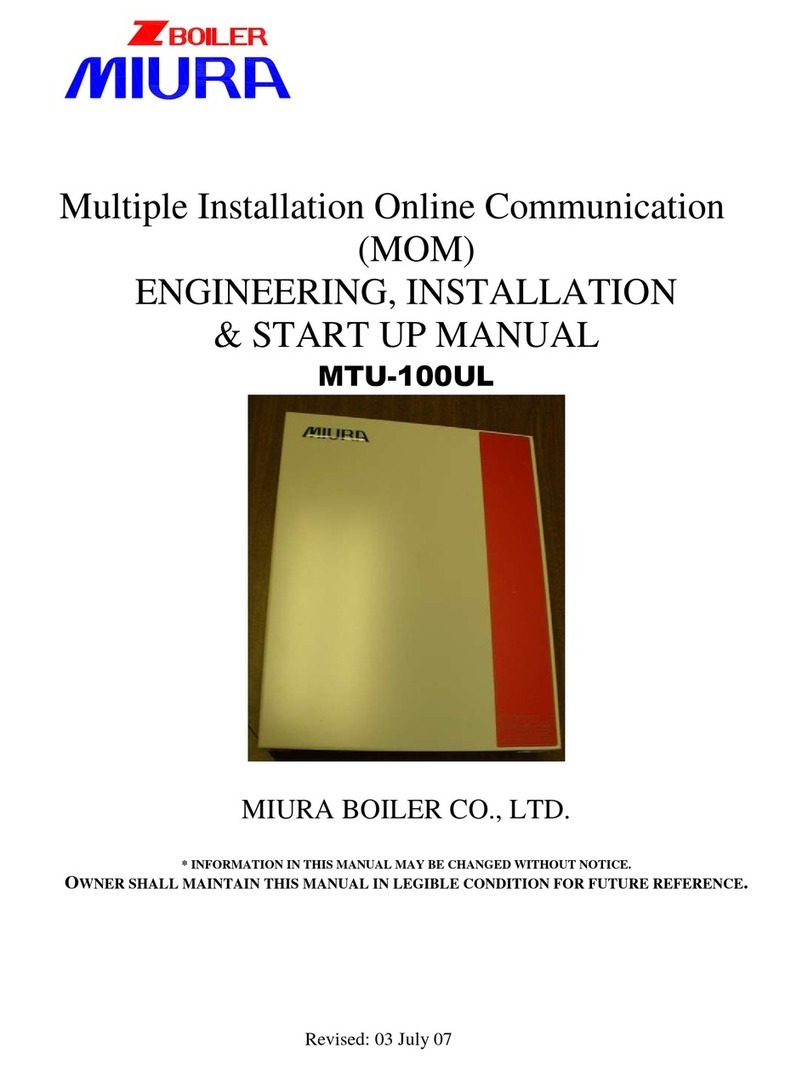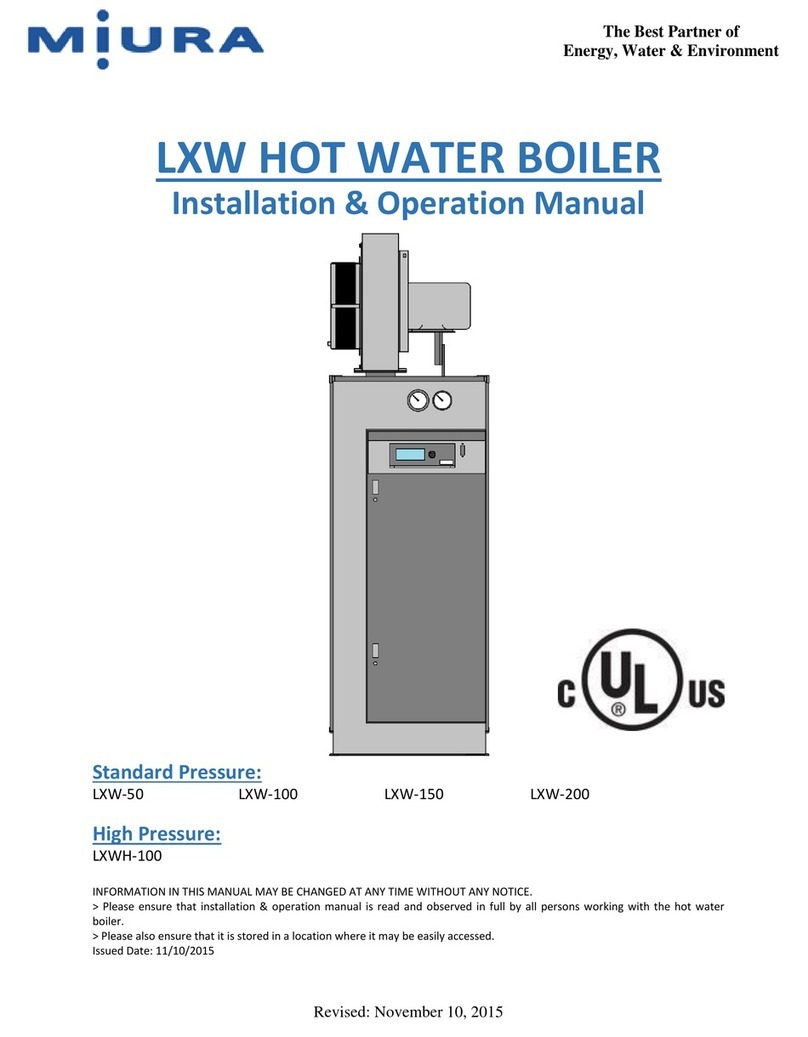
As a result of design necessities in Japan, such as limited space and total dependence on foreign
energy, the MIURA BOILER has been engineered as a highly efficient, vertical water tube, once-
through, forced-flow design. The MIURA Boiler features a compact unit with a low-water
content and is designed to run with a minimum amount of maintenance with simple push-button
controls. Operation is quiet and radiant heat losses are minimal. Miura Boilers are often
installed in a multiple boiler network. MIURA Boilers, along with the patented MIURA
Multiple Installation panel, allows appropriate horsepower to be brought on and off line quickly
to meet sophisticated production needs with maximum fuel economy. The 40-year, field proven
‘Miura Advantage’ is the ability to reach full output from cold start in less than 5 minutes using
the least amount of energy and having the lowest environmental impact. The high efficiency
Miura Boiler has won numerous awards from Engineering Societies and Gas Associations
because it is a compact, safe, cost-effective boiler.
1.4 FEATURES
The MIURA BOILER is a low water content, water tube design, which provides full output within
5 minutes. In addition, it is a compact, safe, cost saving boiler. Miura Boiler is designed to run
with a minimum amount of maintenance with simple, push-button controls. With the patented
Miura XJ1 computer controller, Miura can monitor detail boiler operation from our offices and
provide fast, accurate data. Radiant heat losses are minimal. Miura Boilers are often installed in
multiple boiler networks. Miura Boilers, along with the patented Miura Multiple Installation panel,
allows appropriate horsepower to be brought on and off line quickly to meet sophisticated
production needs with maximum economy. Such features contribute to the success of the boiler
obtaining more than 50% of the market share in Japan, Korea and Taiwan.
The completely packaged EXW has the following items as standard equipments:
High-Low Gas pressure switch
Low Air pressure switch
Control water temperature by thermocouple with water temperature switch backup
Water flow switch
ASME safety relief valve
Main gas line & Pilot line regulators
Dual pilot gas solenoid valves
Dual main gas fluid actuator valves and plugged leak test port (vent valve available)
Forced draft blower and motor
Completely enclosed, heavy gauge casing
ASME stamped Pressure Vessel with internal Inspection ports
Two independent high temperature limit controls
Low-water fuel cutoff with manual reset
Digital display water temperature with back up thermometer gauge
Pressure gauge
Friendly digital display
Communication interface capability
Display of hours of operation and record of five most recent faults
Remote monitoring of boiler performance and trouble shooting by modem link with Miura
